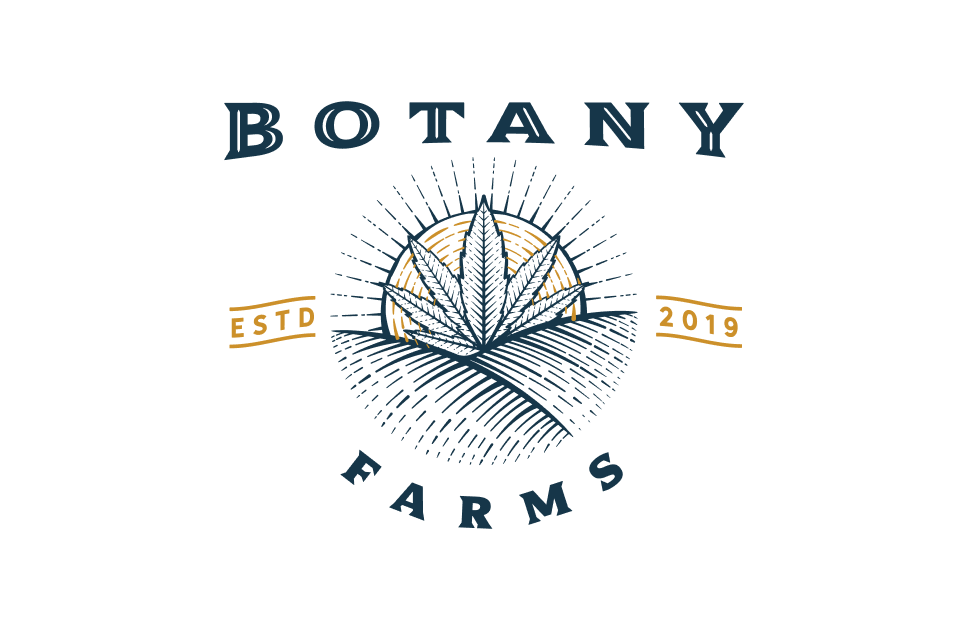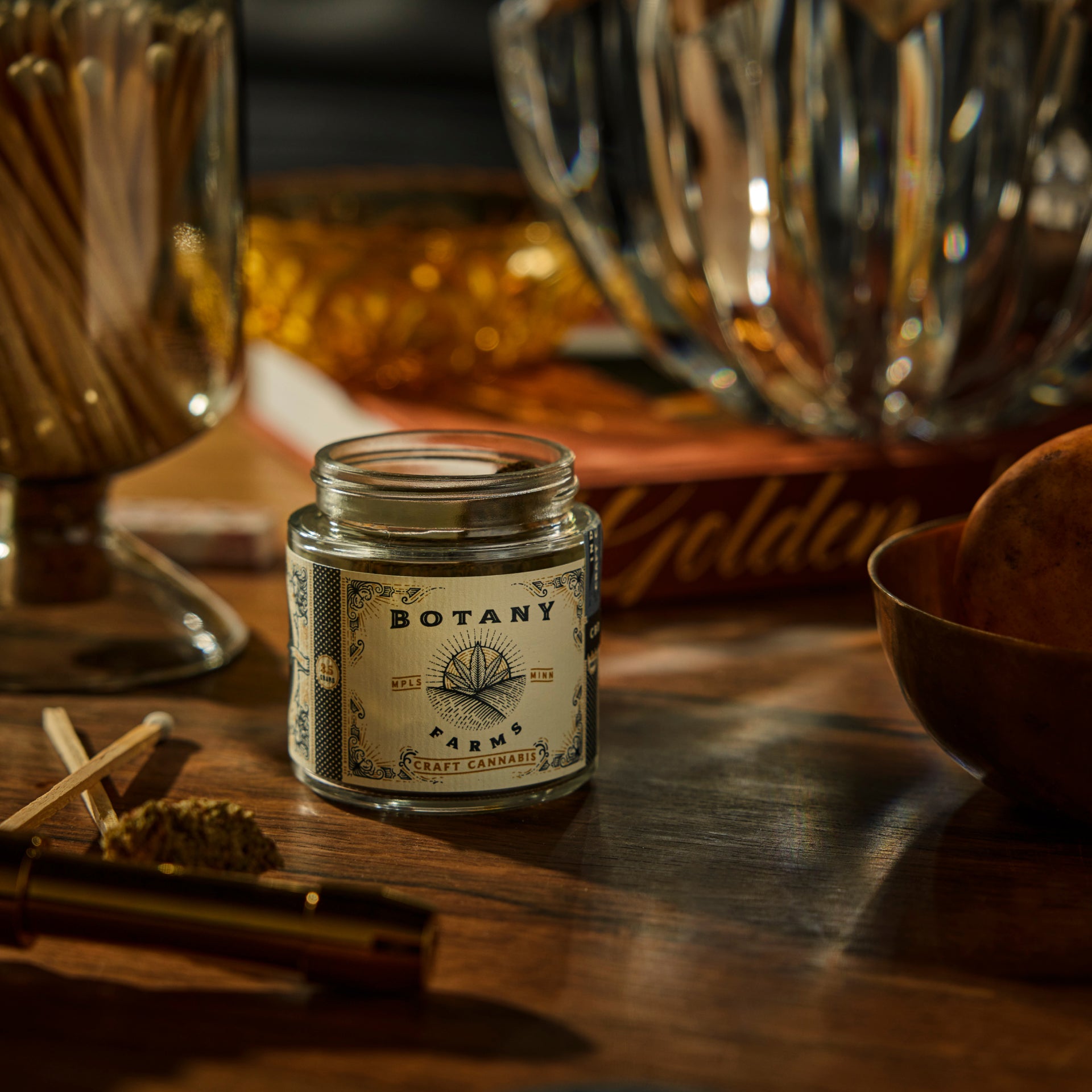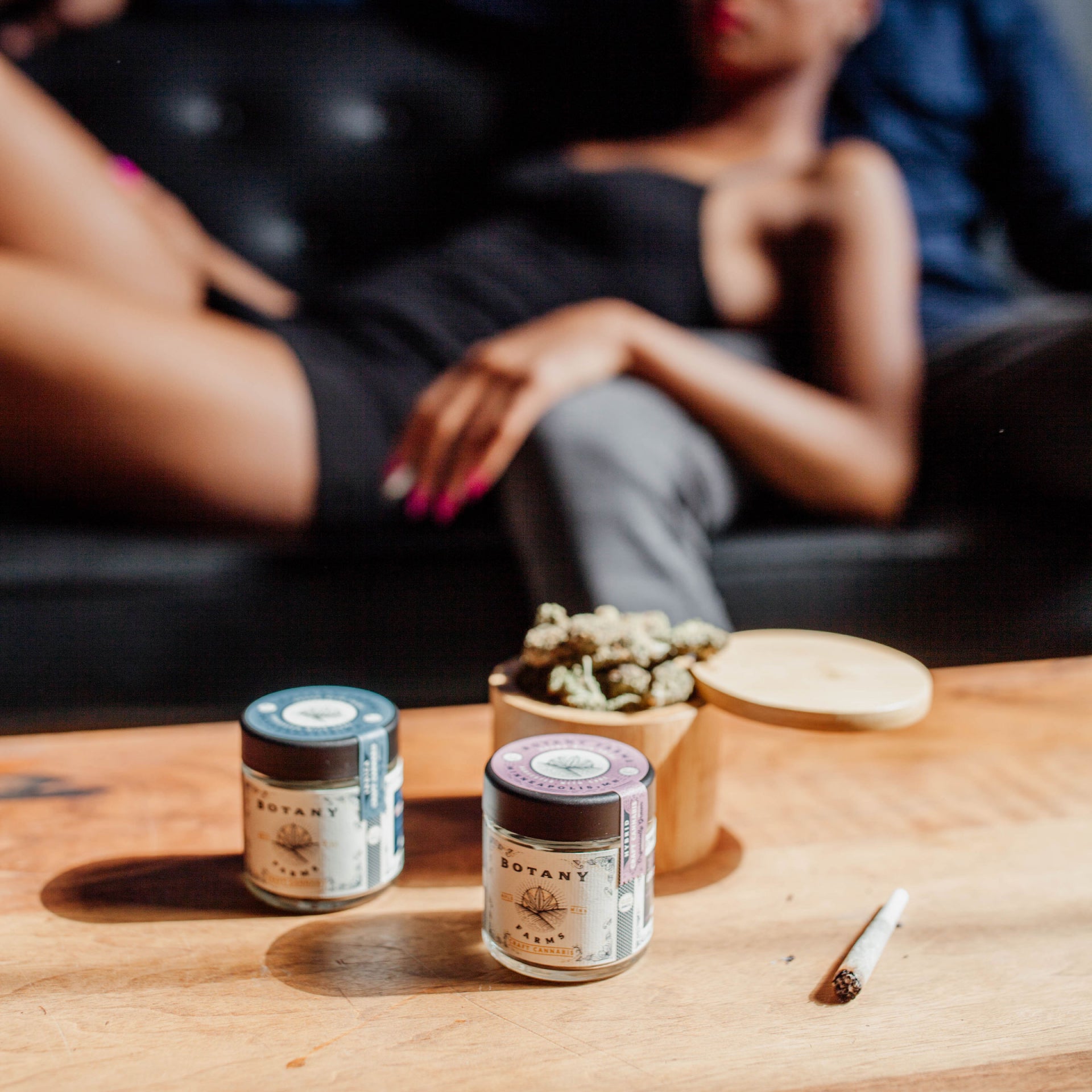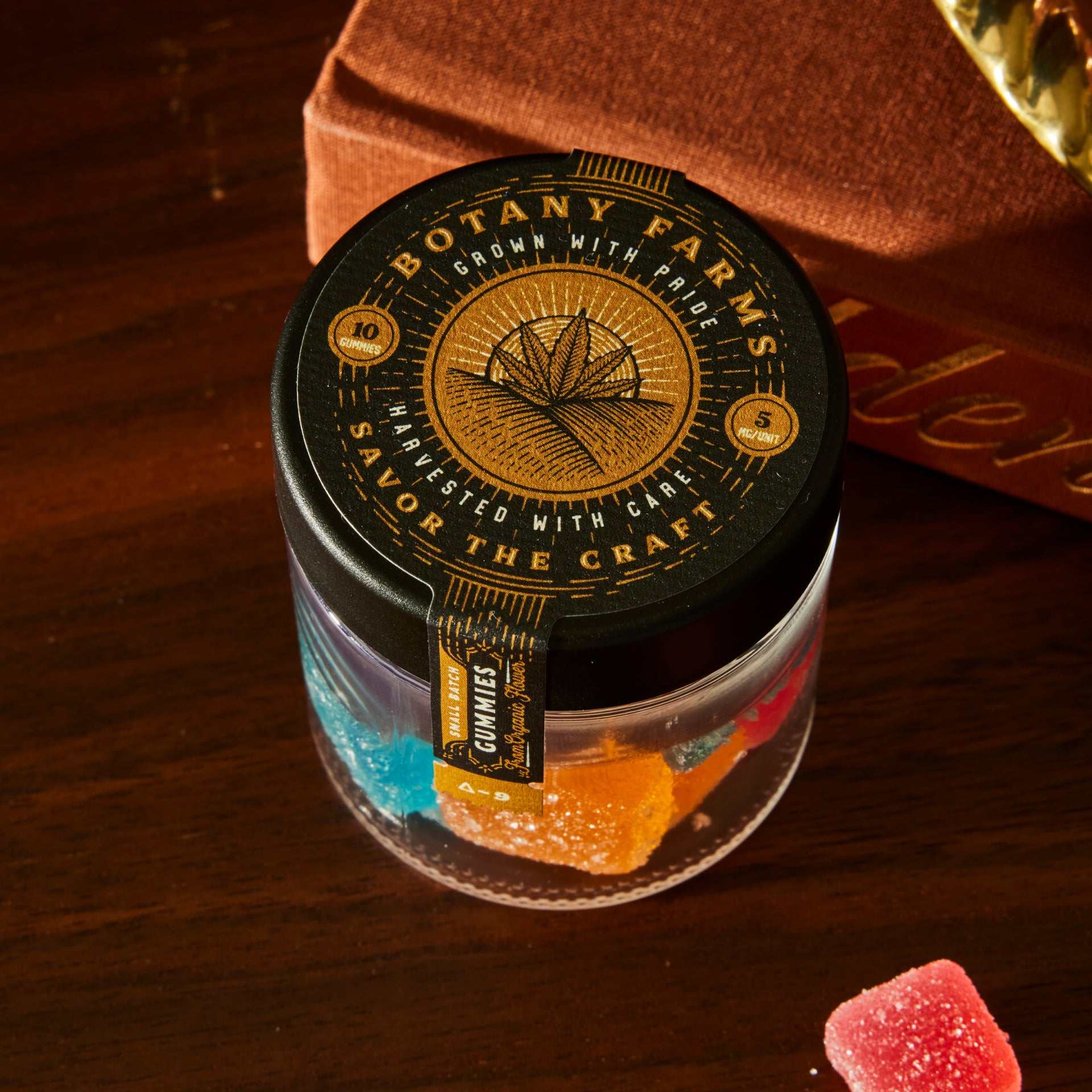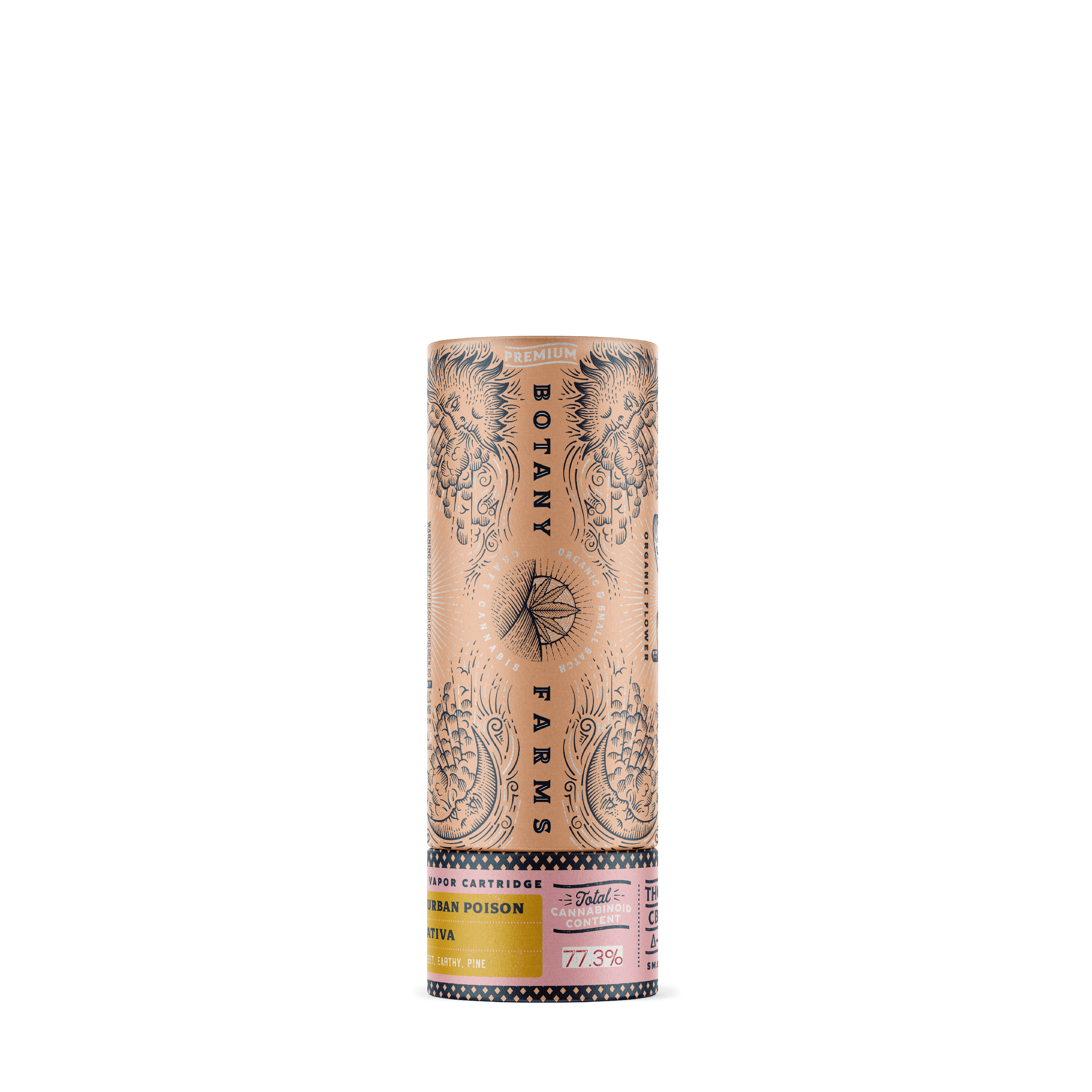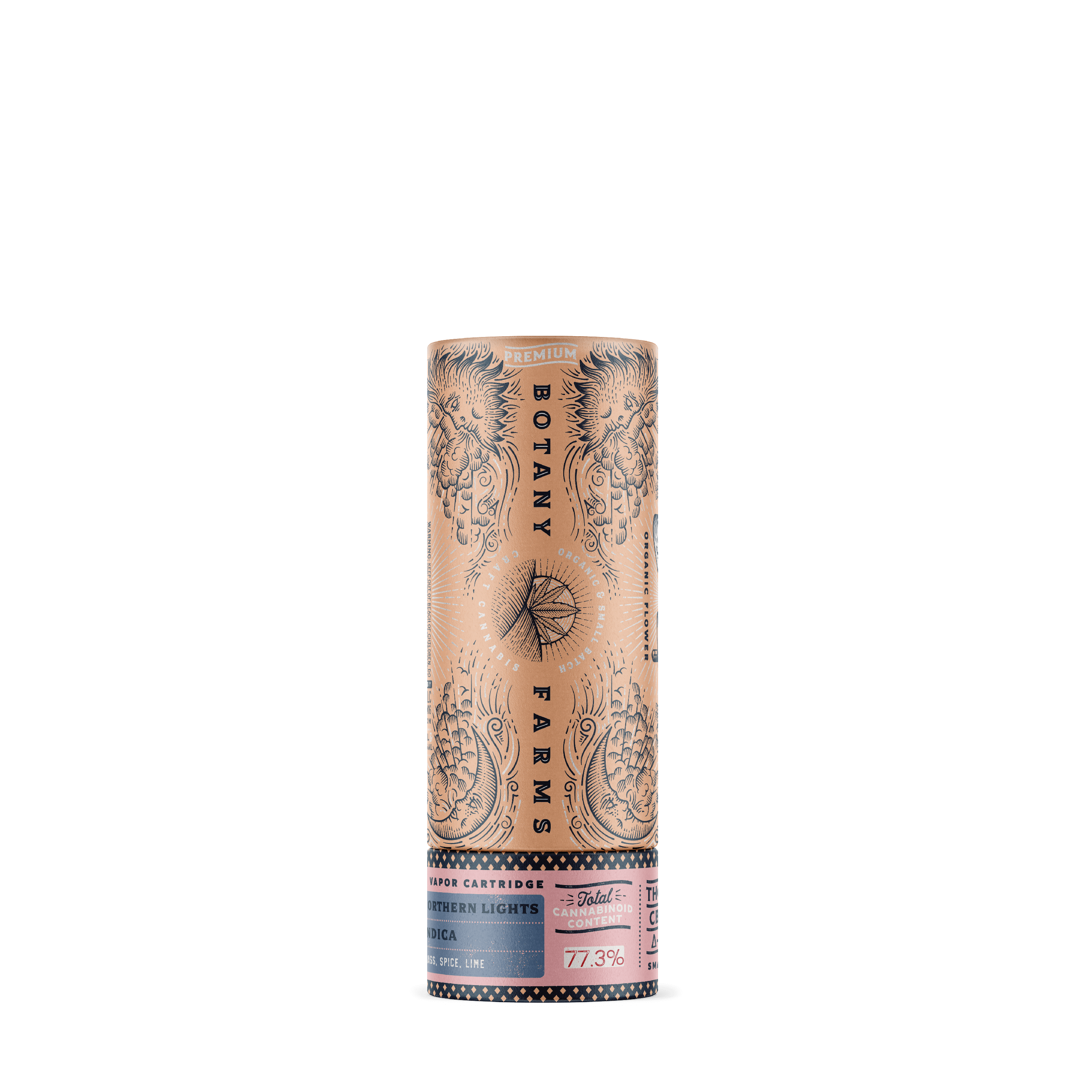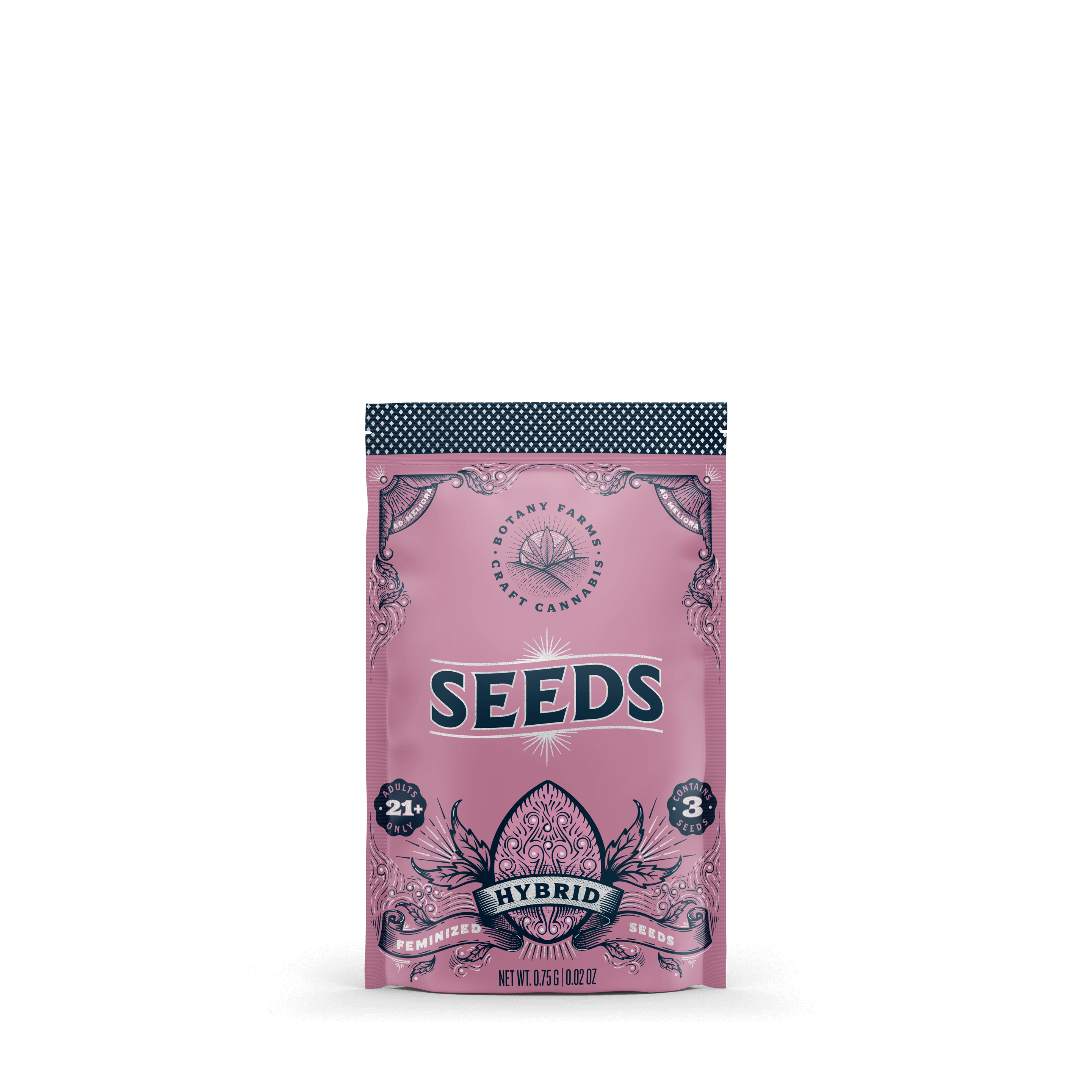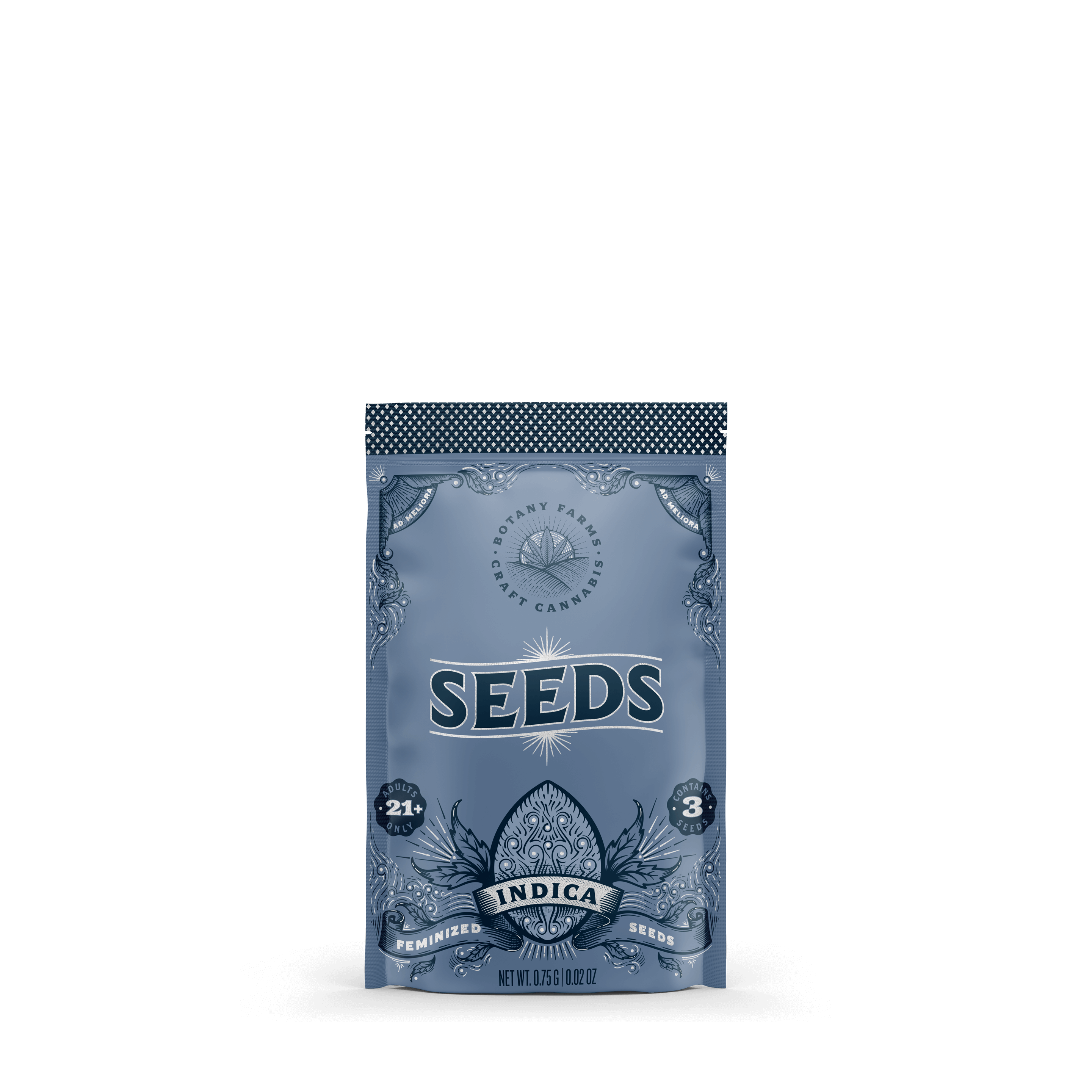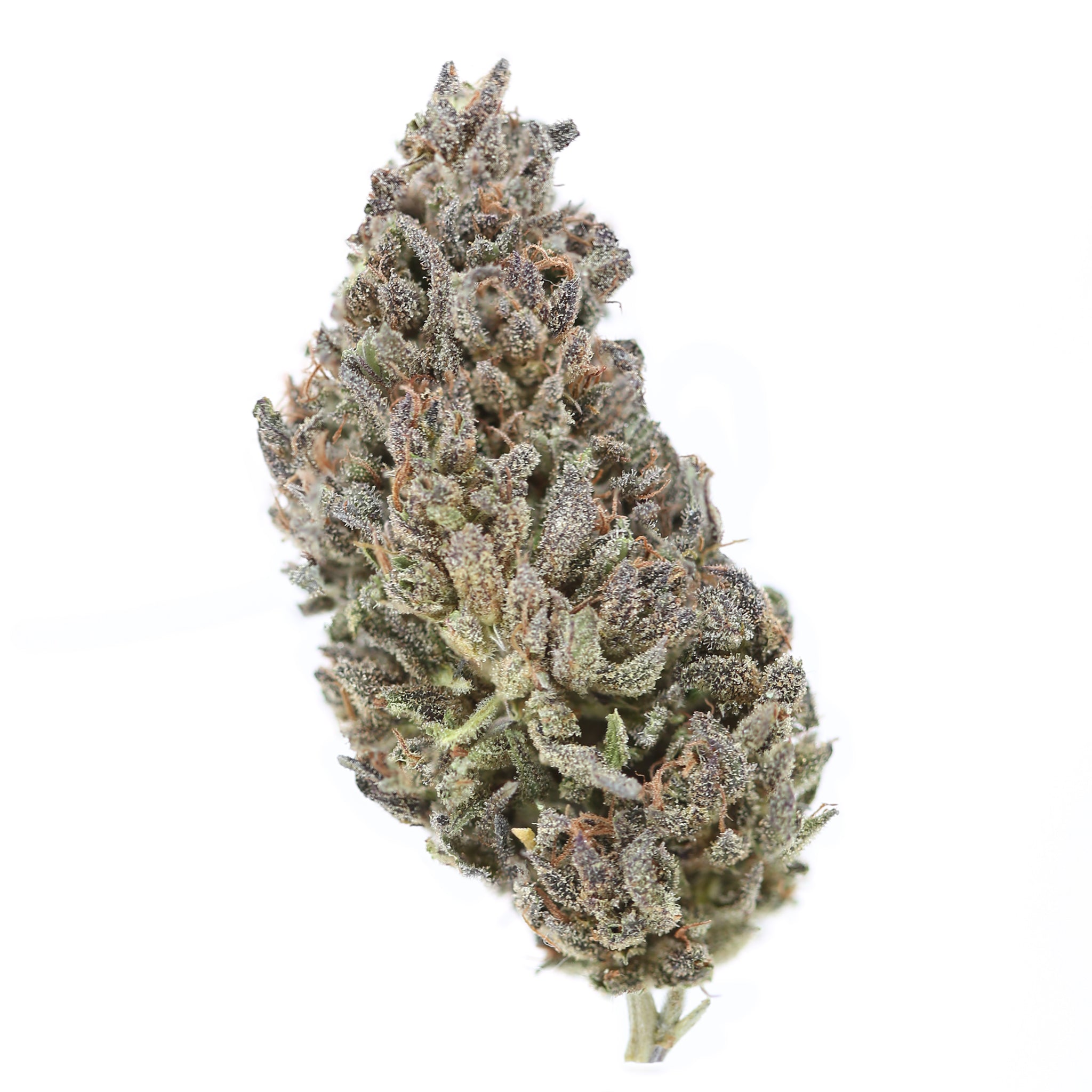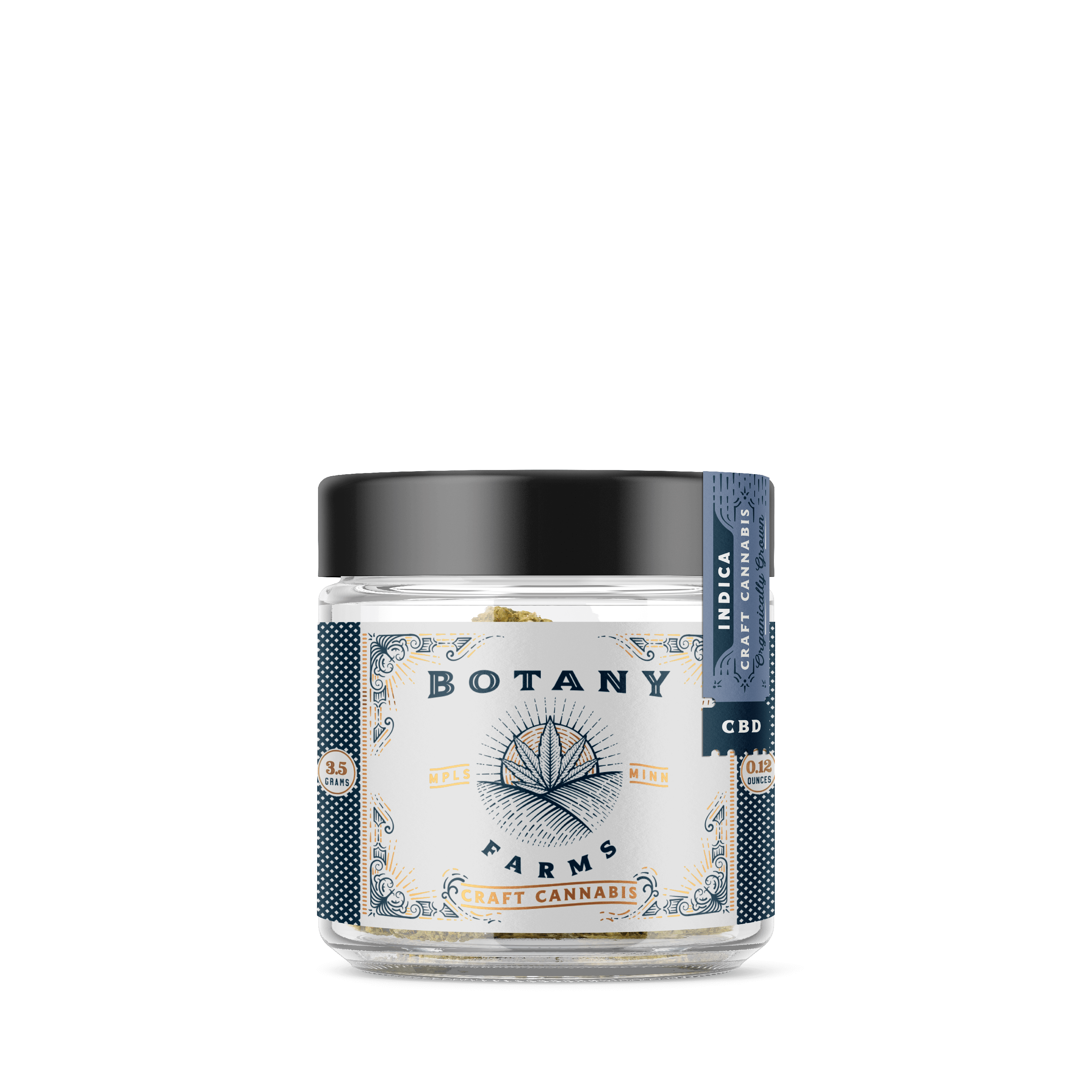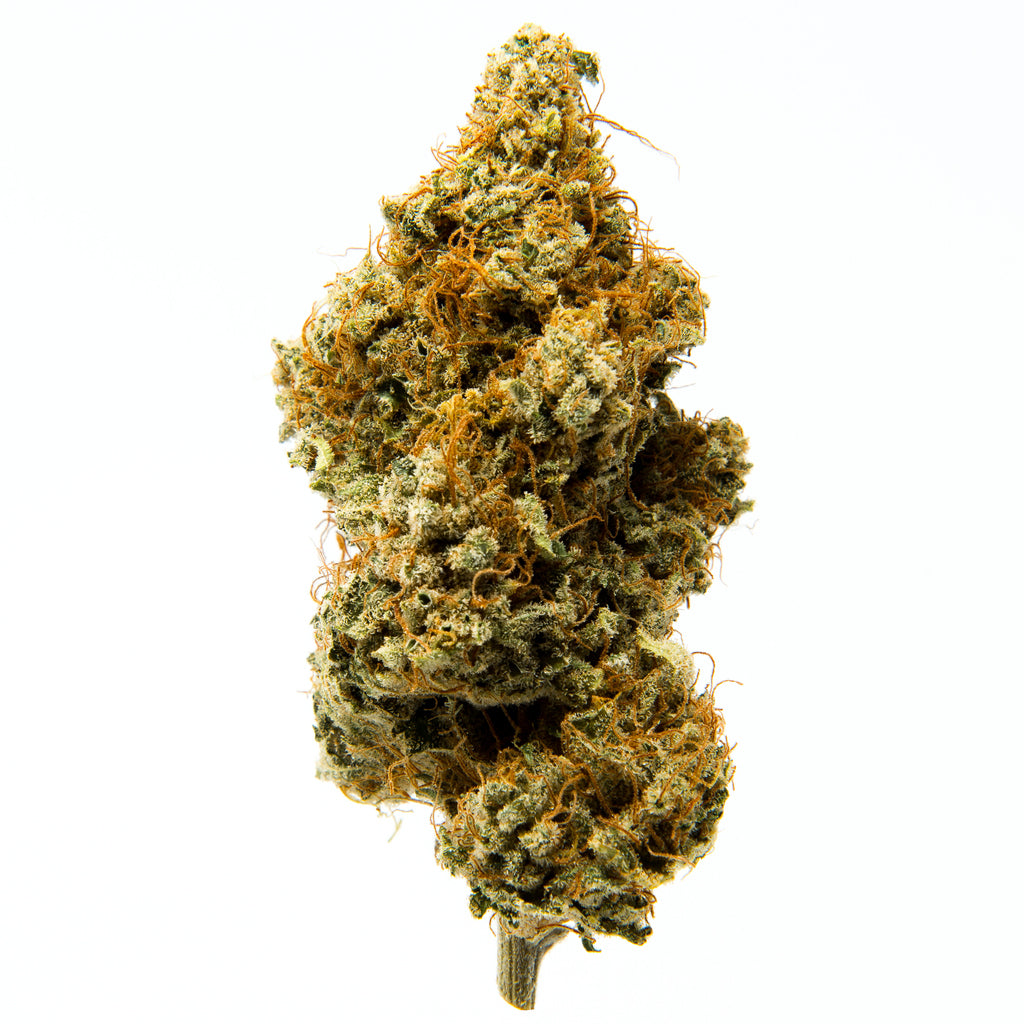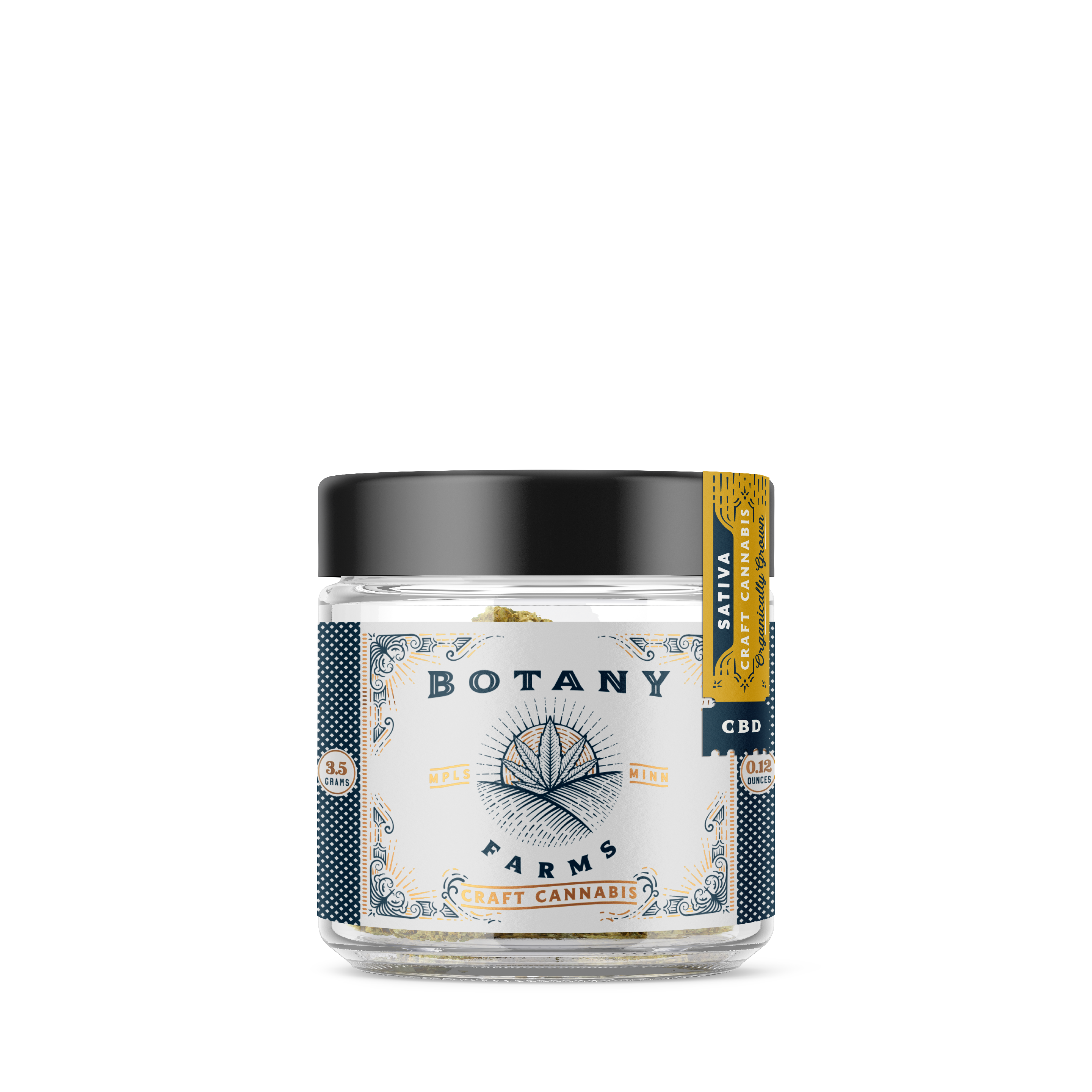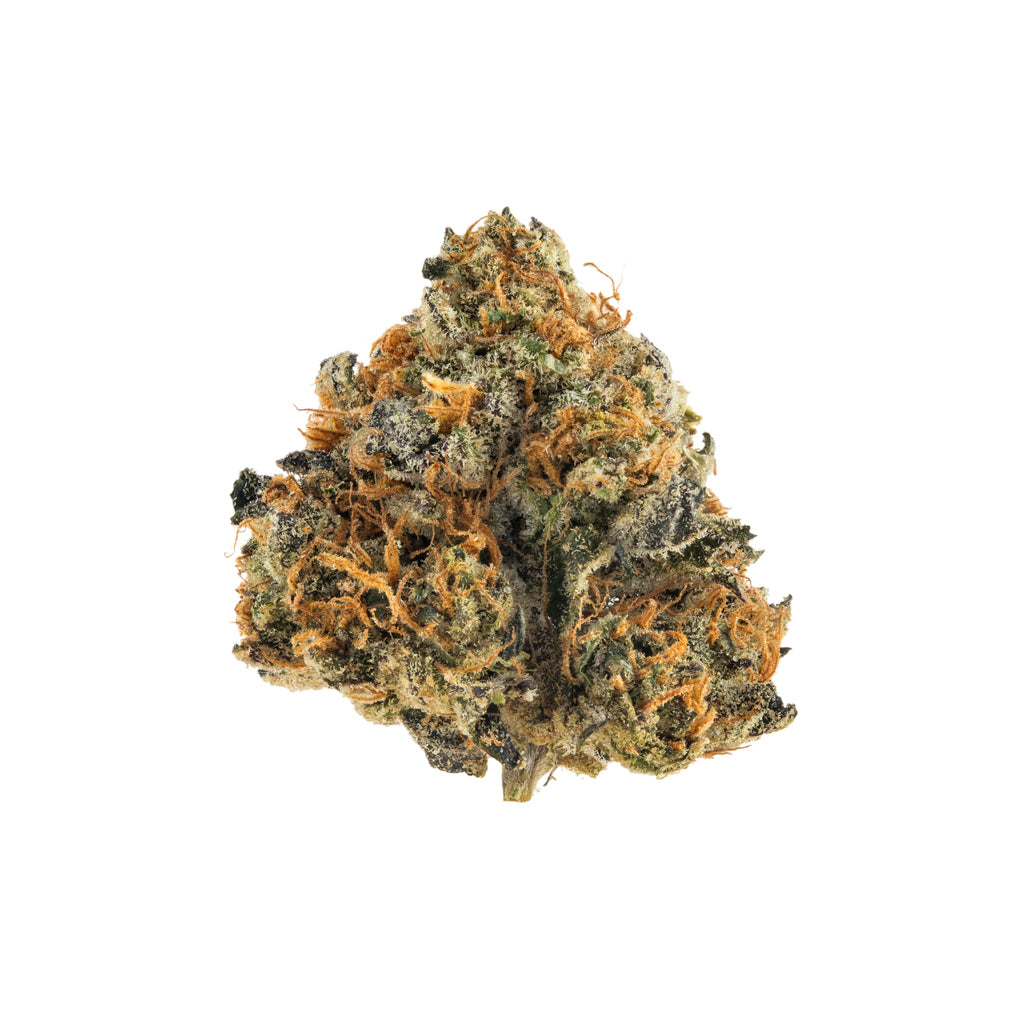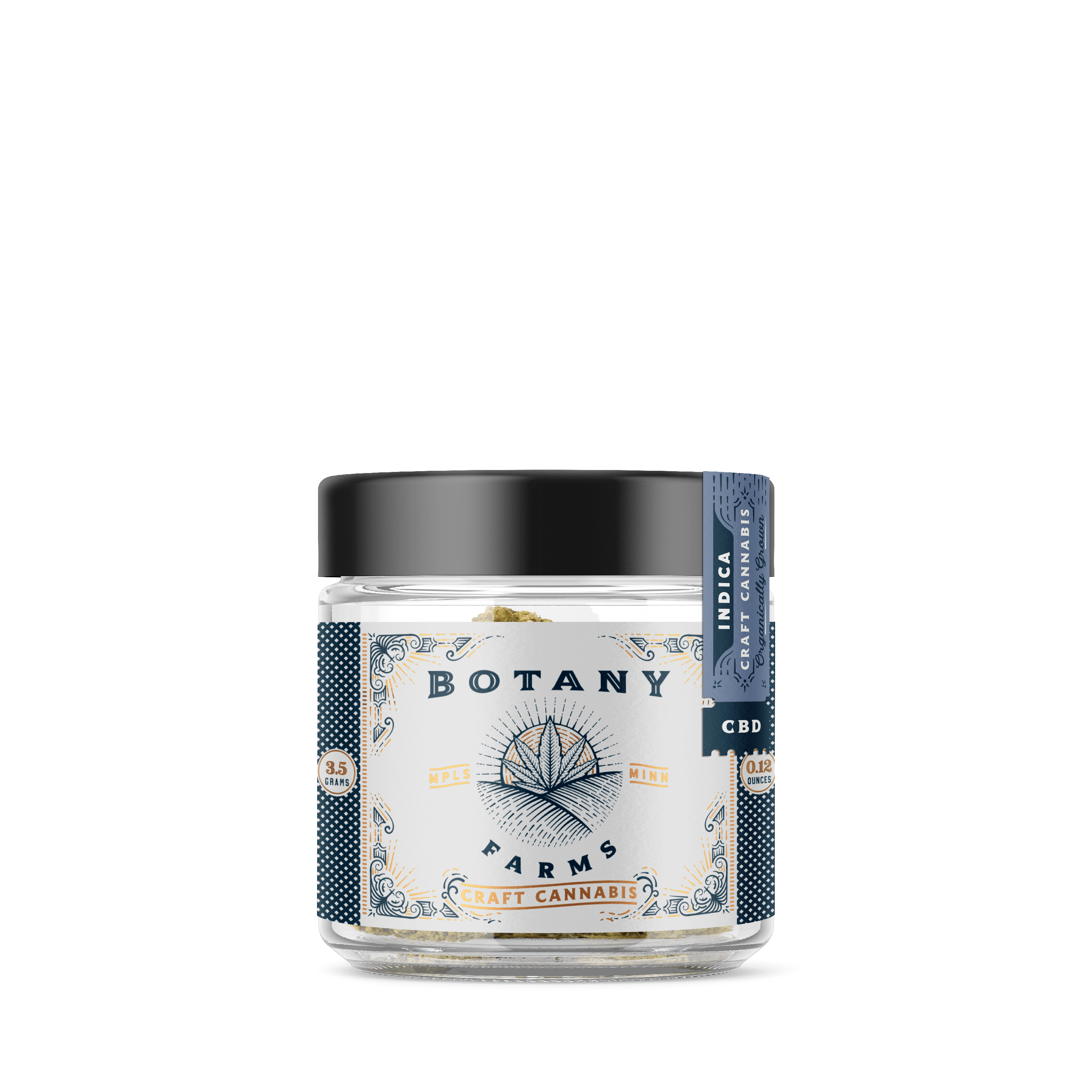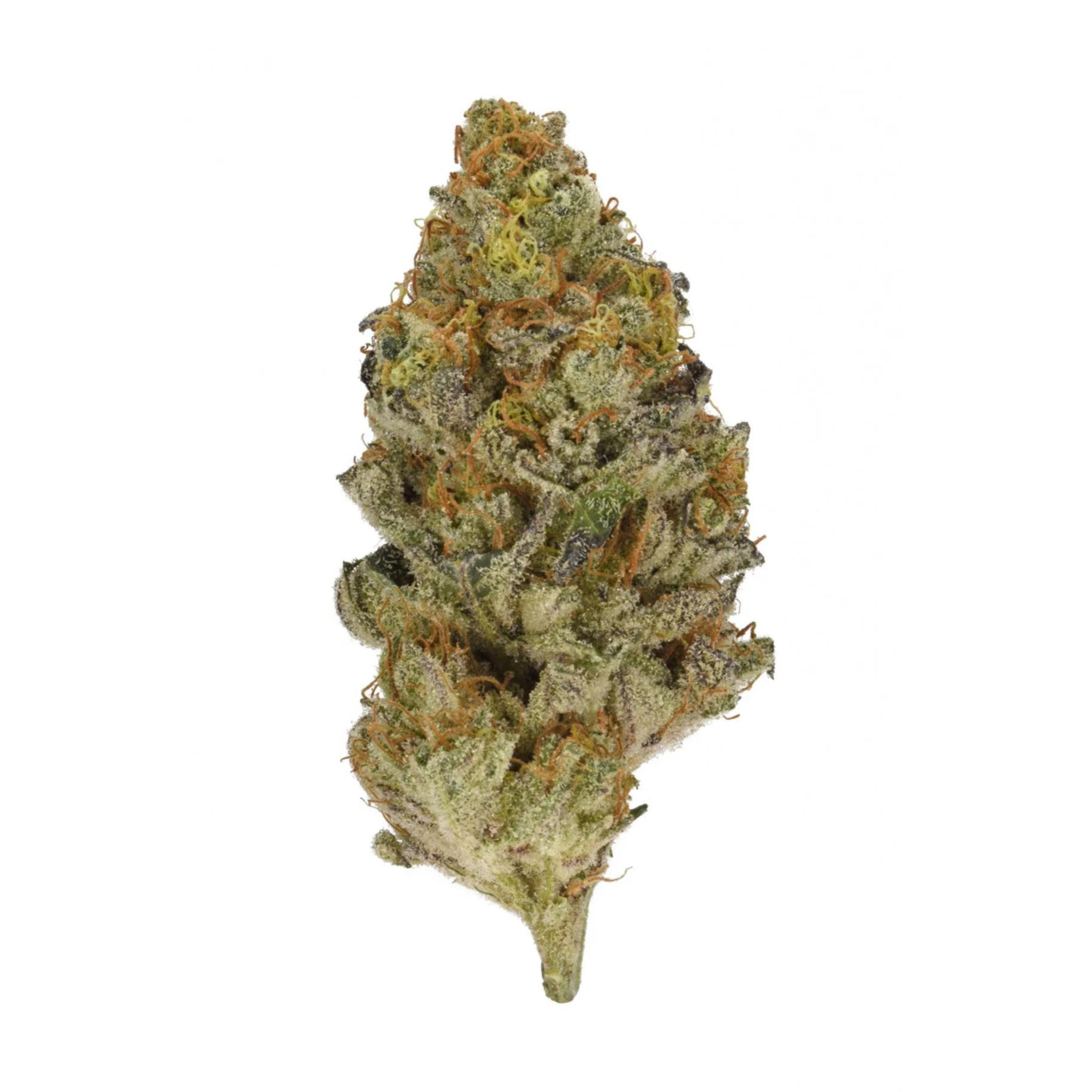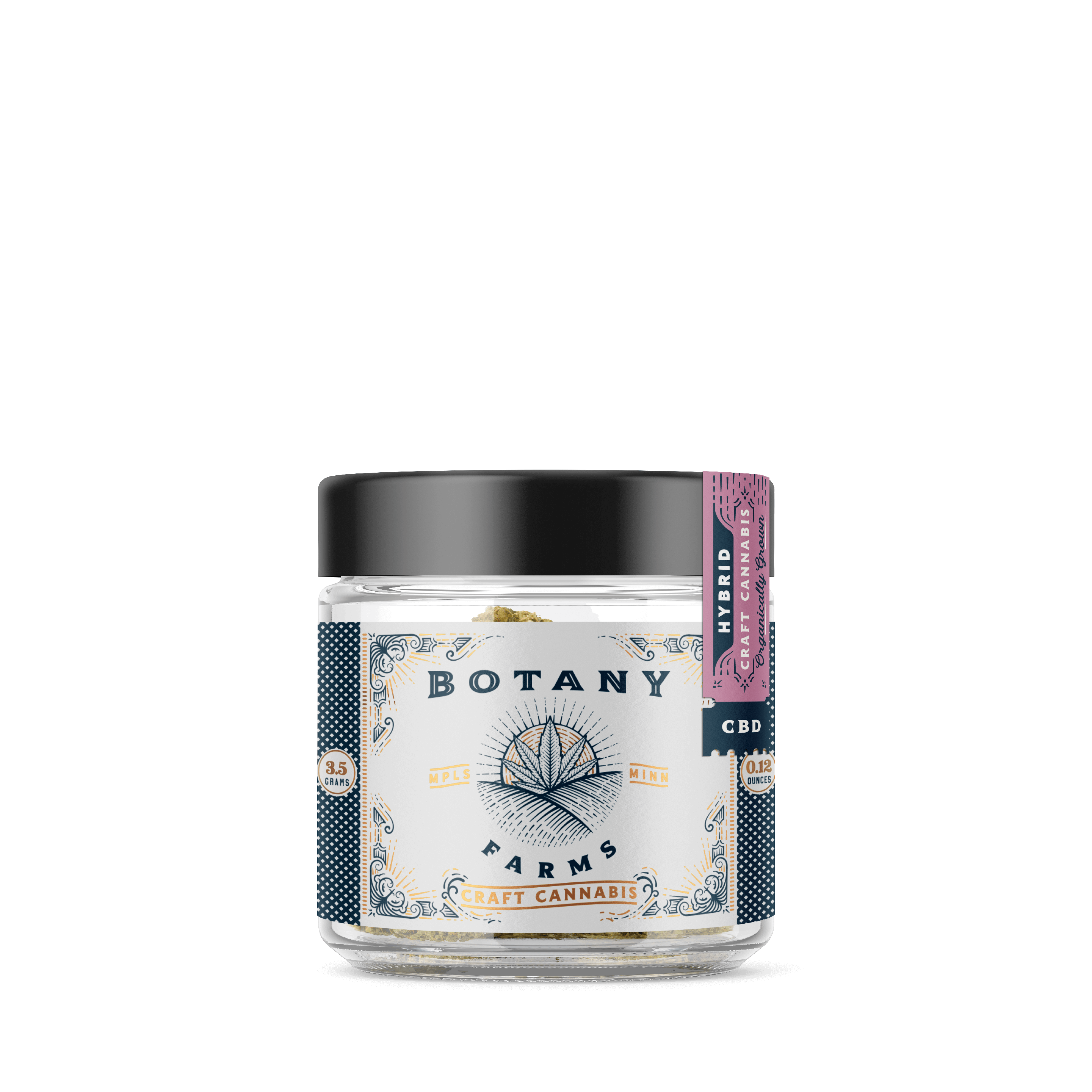**Disclaimer: The information in this article regarding cannabinoids is drawn from comprehensive research and we have made every effort to share the most accurate information available at the time of writing. Remember that legal status is handled differently by jurisdiction and these substances can change status over time. The reader is advised to check the status of cannabinoids before acting and we do not accept liability for this information. This content is for educational purposes only.
The legal status of cannabis nationwide is as complex and changing as the cannabis industry itself. The emergence of alternative cannabinoids derived from hemp adds even more complexity to the issue. Such is the case of THCA in Alabama, a cannabinoid that can be derived from hemp but is also a precursor to the famous Delta-9 THC. This is why some users may be confused regarding the legality of this novel compound.
Understanding the complexity of the legal status of THCA in Alabama requires consideration of federal and state laws. But, no rush or worries! In the next post, we will navigate through everything concerning the legal status of the new THCA in Alabama and provide Bammers with the ultimate guide to maintaining safe and lawful use of THCA in The Yellowhammer State.
Key Takeaways
- Alabama aligns with federal law, permitting the sale and use of THCA products derived from industrial hemp with less than 0.3% THC. However, the state does not explicitly recognize THCA, leading to a legal grey area regarding its status.
- THCA is not considered a controlled substance in Alabama, following the 2018 Farm Bill's guidelines. However, due to the lack of specific state legislation on THCA, its legal status remains somewhat undefined.
- Alabama does not specify possession limits for THCA, given its complex legal standing. It's crucial to be cautious due to Alabama's strict regulations on cannabis products containing Delta-9 THC.
- THCA is legal in Alabama as long as it's derived from industrial hemp and meets the THC content criteria set by federal law. The legal landscape for THCA and other cannabinoids is evolving, so staying informed on legal developments is essential.
What is THCA?
To understand its complex legal status, a little knowledge about what THCA is, and where it fits within the cannabinoid family, is essential. THCA, or tetrahydrocannabinol acid, is found in, and is also made by, the trichomes of cannabis plants. The trichomes are the resinous glands of cannabis that house its predominantly terpenic and cannabinoidal active compounds.
THCA is a member of the cannabinoid family and it occupies a place in this family that is unique based on its chemical structure and pharmacological properties. Simply put, THCA is found in raw, uncured or unheated cannabis. It is a carboxylic acid and, unlike its decarboxylated counterpart tetrahydrocannabinol (or THC), THCA is not recognised as psychoactive because it does not have the ability to bind or to interact rather effectively with cannabinoid receptors in the body.
Another distinction of THCA, relative to THC, is that the latter naturally accumulates in raw cannabis and is often used to generate other psychoactive cannabinoids, such as the more psychoactive and intoxicating Delta-9 THC. The psychoactive effects of THCA are not realised until through the removal of its carboxylic acid group, a process often referred to as decarboxylation (this process can be achieved by heating or combustion, or can be chemically induced as well).
THCA, in its raw, uncured or non-heated form, is not psychoactive. This controversial, all-consuming and much debated psychoactive cannabinoid, ∆-9 THC, is born out of THCA by way of decarboxylation. One does not become the other, one simply travels to the other. THCA is derived in part from those specific strains of cannabis that produce it in quantity, it is also found in other forms in raw, uncured plant material.
The therapeutic potential of THCA is also being explored in the medical and/or recreational space – this is why it continues to gain in such great popularity so quickly.
THCA and Federal Law
The legal status of some cannabinoids in the United States is complex as it involves the interaction of federal laws with specific state regulations for some isomers. Under federal law, THCA has been legal since the 2018 Farm Bill passed into effect. These regulations decriminalized industrial hemp and its derivatives, including cannabinoids derived from hemp such as THCA, as long as they contain less than 0.3% THC. This action legalized hemp-derived THCA at a federal level.
Nevertheless, discrepancies may exist between federal laws and state regulations, creating potential confusion among users and thus increasing the risks of unwanted legal implications. While federal law allows the use and distribution of hemp-derived cannabinoids, individual laws in some states may maintain the authority to regulate these substances differently.
Alabama THCA Laws
The Greater Yellowhammer state allows the sale and use of THCA products as long as they are derived from industrial hemp and contain less than 0.3% THC. The legal status of THCA in Alabama is aligned with what is established by the federal government, which considers all hemp products that contain an acceptable level of Delta-9 THC to be permitted.
Despite its derivation from hemp, the legality of THCA vs CBD is not precisely the same, as they are markedly different compounds. In fact, THCA is not explicitly recognized by the Alabama cannabis regulations. The legal standing of THCA in the Cotton State remains unclear, creating a legal loophole regarding its legality. It is essential to mention this legal loophole since it is precisely the lack of specific regulations for THCA that allow the sale and use of products that contain it.
While THCA is often associated with hemp-derived products, Alabama and the federal government's distinctions between CBD and THCA contribute to the legal bifurcations surrounding this novel compound. This also opens the door to potential future changes to laws specific to THCA and other hemp-derived cannabinoids with psychoactive potential.
Is THCA a Controlled Substance in Alabama
The short answer is: no, Alabama law is consistent with the 2018 Farm Bill, which authorised the growth, sale, and use of all hemp-derived products as long as they contain 0.3 per cent or less THC.
But, because there is no specific statutory legislation addressing THCA, its legal status remains unclear. Because there’s no specific law addressing THCA, its status isn’t definite. Be careful – and watch for more changes in Alabama law relating to cannabis and its compounds!
THCA Possession Limits in Alabama
There is no specific possession limit for THCA in Alabama due to the complex legal situation. However, it is crucial to consider the potential legal ramifications of possessing or using THCA products in the Yellowhammer State, especially in the presence of Alabama's strict regulations toward Delta-9 THC-containing cannabis products.
Is THCA Legal in Alabama
Summary answer: yes. Alabama's cannabis regulations are on par with those established by the federal government, which legalizes hemp and its byproducts, including THCA. Nevertheless, the specific legal status of THCA in the Cotton State is not fully defined due to the lack of legislation adding to it explicitly. Therefore, while CBD products derived from industrial hemp as having a minimum THC content are permitted, THCA products fall into somewhat uncharted legal territory. In its raw form, THCA is a non-psychoactive compound, which separates it from THC, providing a potential avenue for individuals interested in the potential benefits of cannabis without having to deal with the high that THC causes.
In this sense, THCA stands as a unique alternative to other hemp-derived cannabinoids like THCV, Delta-8, or CBD. The potential benefits of THCA, coupled with the growing popularity of THCA-infused or THCA-rich hemp strains, offer users a legal pathway to explore the potential psychoactive and therapeutic benefits of cannabis within the confines of Alabama's current legal framework. It is important to note that the legal horizon for THCA in Alabama is still evolving, so users should exercise caution, take a careful approach to THCA consumption, and prioritize safety to maximize potential benefits while minimizing potential risks.
Is THCA Safe?
Yes, for most users. We see THCA as a safe compound, but we are still learning more about what the safety profile is. Each individual may respond differently, and users should be aware of potential side effects or interactions.
When it comes to hemp-derived cannabinoids, THCA is one of many that technically may be psychoactive (which is different than intoxicating), and the safety profile of these other potentially psychoactive cannabinoids derived from hemp has yet to be defined. Therefore, it is important to approach these compounds with caution and carefulness with regard to specific safety considerations.
With those cautions out of the way, here are a few tips to help you have the best possible THCA experience. Start low and go slow: Start by using a small amount, then wait a few minutes to see how you feel. Increase the dose only if needed. Gauge your reaction: If you have any specific health concerns or are taking medications, you may want to consult a medical expert before trying THCA.
Where to Buy THCA in Alabama
If you want to experience for yourself the series of possible benefits that THCA could provide, it is vital to keep some considerations in mind to ensure a good experience. It is crucial to source your THCA products from trusted brands known for their commitment to quality and transparency in sourcing and production.
If you are looking for a reliable source for THCA products with proven quality, you just hit the bullseye! At Botany Farms, we have an extensive catalog of top-shelf quality THCA products that will blow your mind! If you want an out-of-the-ordinary flavorful THCA experience, you can try our exclusive THCA live resin carts, which contain a unique blend of THCA, CBD, and live terpenes that provide the ultimate THCA experience.
If you prefer a more traditional approach, you can opt for one of our select THCA-infused hemp strains, such as Cookies and Cream THCA or Jelly Donut THCA, if you prefer the calming effects of Indica strains. If you want a more balanced experience, our delicious Pink Runtz THCA could be the ideal option. Finally, if you are looking for a more energizing strain, our select batches of Strawberry Banana Kush THCA and Skunk Fuel THCA could be the recharge you need.
Whichever THCA strain or product you choose, it is crucial to consider the legal implications of THCA in Alabama. Remember that the legal status of THCA in The Yellowhammer State remains uncertain, so it is vital to stay informed about the evolving legal horizon for this cannabinoid. When considering THCA use, it is crucial always to prioritize the safety of your experience, starting with low doses and giving your body time to assimilate the THCA content and gauge the full effects. With responsible use and quality products, Bammers can enjoy the potential benefits of THCA in the Cotton State without worrying about legal risks.
Sources used for this article:
https://www.ncbi.nlm.nih.gov/pmc/articles/PMC5731255/
https://www.usda.gov/farmbill
https://norml.org/laws/alabama-penalties/
https://www.ncbi.nlm.nih.gov/pmc/articles/PMC5510775/
This article was last updated in April 2024 and the information provided in relation to US federal and state cannabis laws is accurate as of the date provided. Due to the rapidly changing cannabis bill across the state and federal levels in the US, the information herein may become outdated at any time. Additionally, and for the avoidance of doubt, this article is NOT intended to be legal advice and Botany Farms as provided or intended to provide any legal advice, nor is any individual or entity associated with Botany Farms providing legal advice. Please consult official state government websites for current information regarding cannabis laws for your state.
